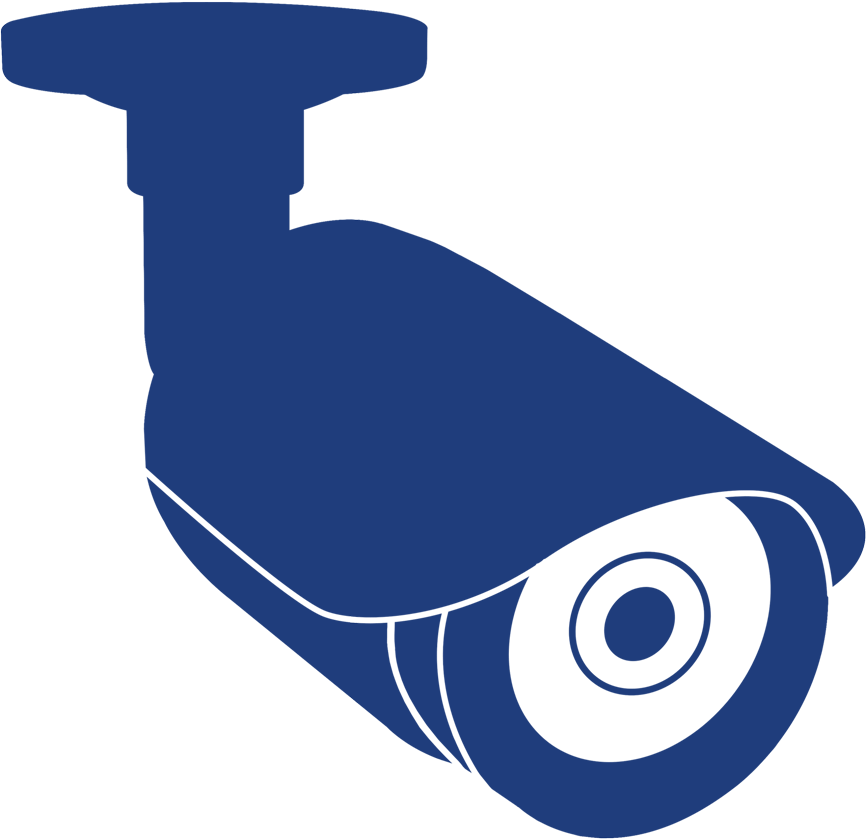What are human rights and how do they relate to technology?
Human rights exist to ensure that each one of us is entitled to make free choices about how to live, without discrimination.
“rights inherent to all human beings, regardless of race, sex, nationality, ethnicity, language, religion, or any other status”.
Under international human rights law, each nation is obligated to respect, promote and fulfil human rights.
The current and rapid rise of new and emerging technologies presents numerous human rights challenges and opportunities. Emerging technologies have the potential to both advance and restrict human rights.

The AHRC Human Rights and Technology Project lists the following examples of both the positive and negative ways in which some new technologies engage human rights:

Surveillance technologies can undermine privacy, freedom of expression and association. Yet these technologies also can be used to promote community safety.
Social media can present new opportunities for children to learn and communicate, but it can also foster online bullying and harassment.
Government services can be delivered more efficiently and fairly reduce costs, create efficiency and promote a range of social, economic and cultural rights, especially for vulnerable groups using AI and digital technologies. However, not everyone has equal access to these technologies, and they have been used in ways that unfairly disadvantage particular groups based on their socio-economic status, race, disability, age or geographical location.
How can they be developed in such a way that promotes and protects human rights?
he AHRC Human Rights and Technology Project presses the importance of adopting a ‘human rights approach’ to the development and use of new technologies. This requires building human rights into the design, development and deployment of new technologies. Key features of a human rights approach include:- Promote transparency in government decision making
- Ensure accountability of government and the private sector
- Ensure that new technologies are non-discriminatory in their application
- Require participatory approaches to ensure the voices of everyone affected by new technologies are heard
- Build capacity across the community to understand the impacts of new technologies on their lives.
Read more on human rights and new technologies here:
https://www.un.org/en/sections/issues-depth/human-rights/
https://tech.humanrights.gov.au/
